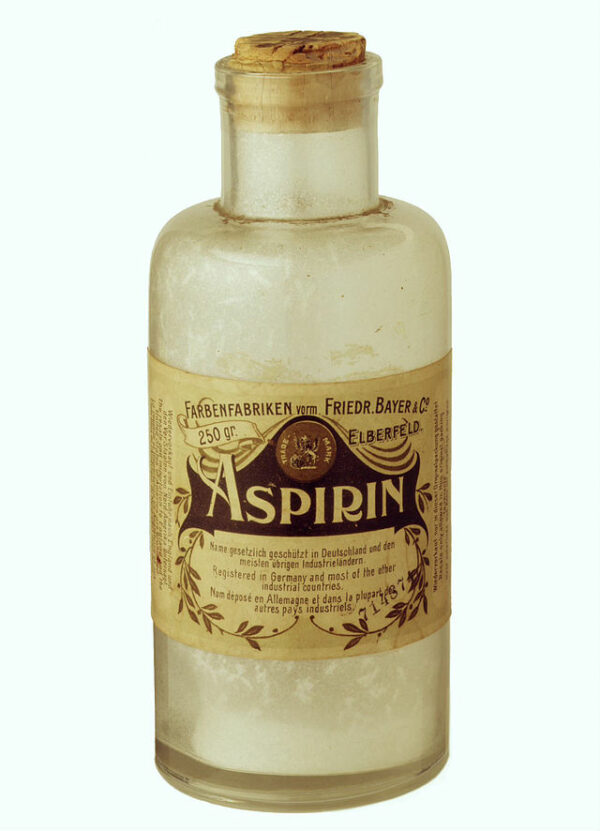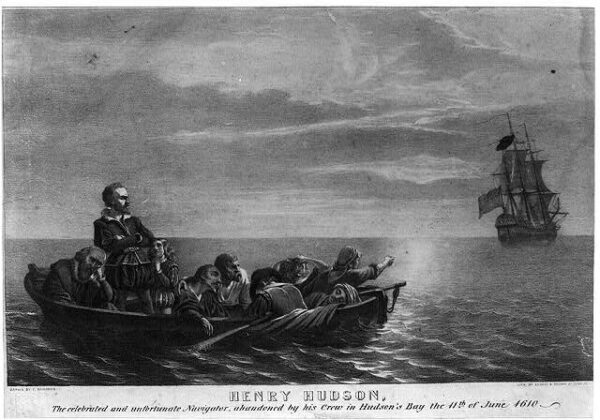The history of Bayer’s aspirin is a tale of scientific innovation, medical breakthroughs, and the evolution of a globally recognized brand. Aspirin, originally known as acetylsalicylic acid, has its roots in the late 19th century, and its journey is closely tied to the German pharmaceutical company Bayer.
In 1853, a French chemist named Charles Gerhardt first synthesized acetylsalicylic acid, but it wasn’t until several decades later that the compound gained prominence. The breakthrough came in 1897 when a young chemist working for Bayer, Felix Hoffmann, successfully synthesized a stable form of acetylsalicylic acid. Hoffmann’s work was driven by a desire to find a less irritating alternative to salicylic acid, a common treatment for pain and fever derived from willow bark but known to cause stomach upset.
Felix Hoffmann’s father, suffering from arthritis, was intolerant to the side effects of salicylic acid, inspiring Hoffmann to seek a more tolerable solution. In August 1897, he produced a modified form of salicylic acid by acetylating it, resulting in a more stable and less irritating compound – acetylsalicylic acid. Bayer recognized the potential of this new substance
On March 6, 1899, the term “aspirin” was officially trademarked. The name Aspirin has an interesting origin. It is derived from “A” for acetyl, “spir” from the spirea plant (a natural source of salicylic acid), and the suffix “-in” commonly used for medications. The name not only reflected the compound’s origins but also created a distinctive and memorable brand for the product.
Aspirin’s popularity quickly soared due to its effectiveness in relieving pain, reducing fever, and minimizing inflammation. Its success was not limited to Germany; Bayer’s aggressive marketing strategies helped establish Aspirin as a global brand. By the early 20th century, it had become a household name and a standard over-the-counter remedy.
World War I further contributed to Aspirin’s prominence, as it became a staple in military medical kits. Its anti-inflammatory and antipyretic properties made it invaluable for treating various wartime ailments. This wartime use further solidified Aspirin’s reputation as a reliable and versatile medication.
However, the aftermath of World War I saw Bayer facing challenges due to the Treaty of Versailles, which required the company to relinquish its trademark rights in several countries. As a result, the name Aspirin became a generic term in some regions, but Bayer retained the trademark in many others.
Bayer’s Aspirin continues today to be a leading global brand, playing a crucial role in medicine. Over the years, extensive research has expanded its applications, revealing additional benefits such as cardiovascular protection and potential cancer prevention.






